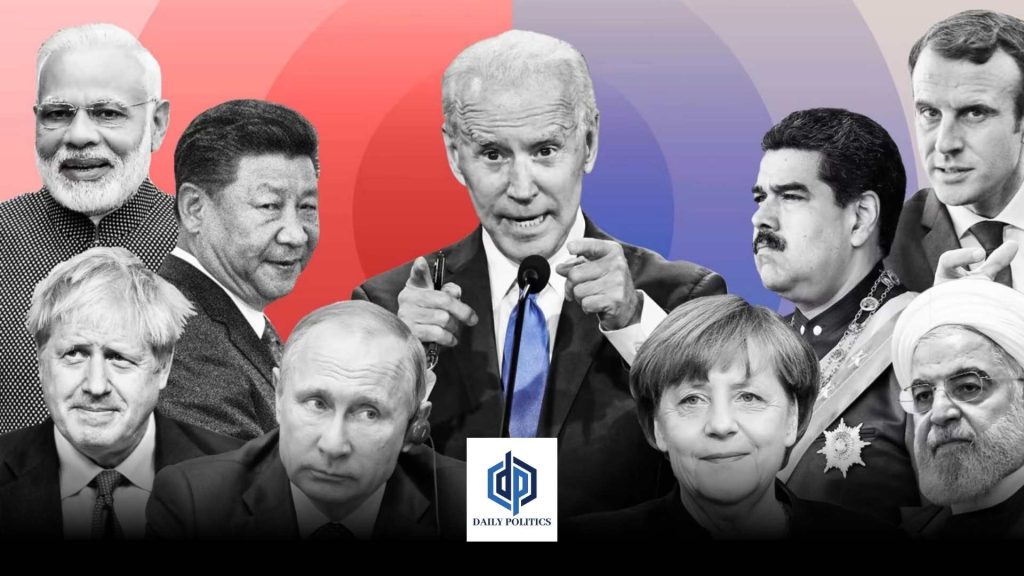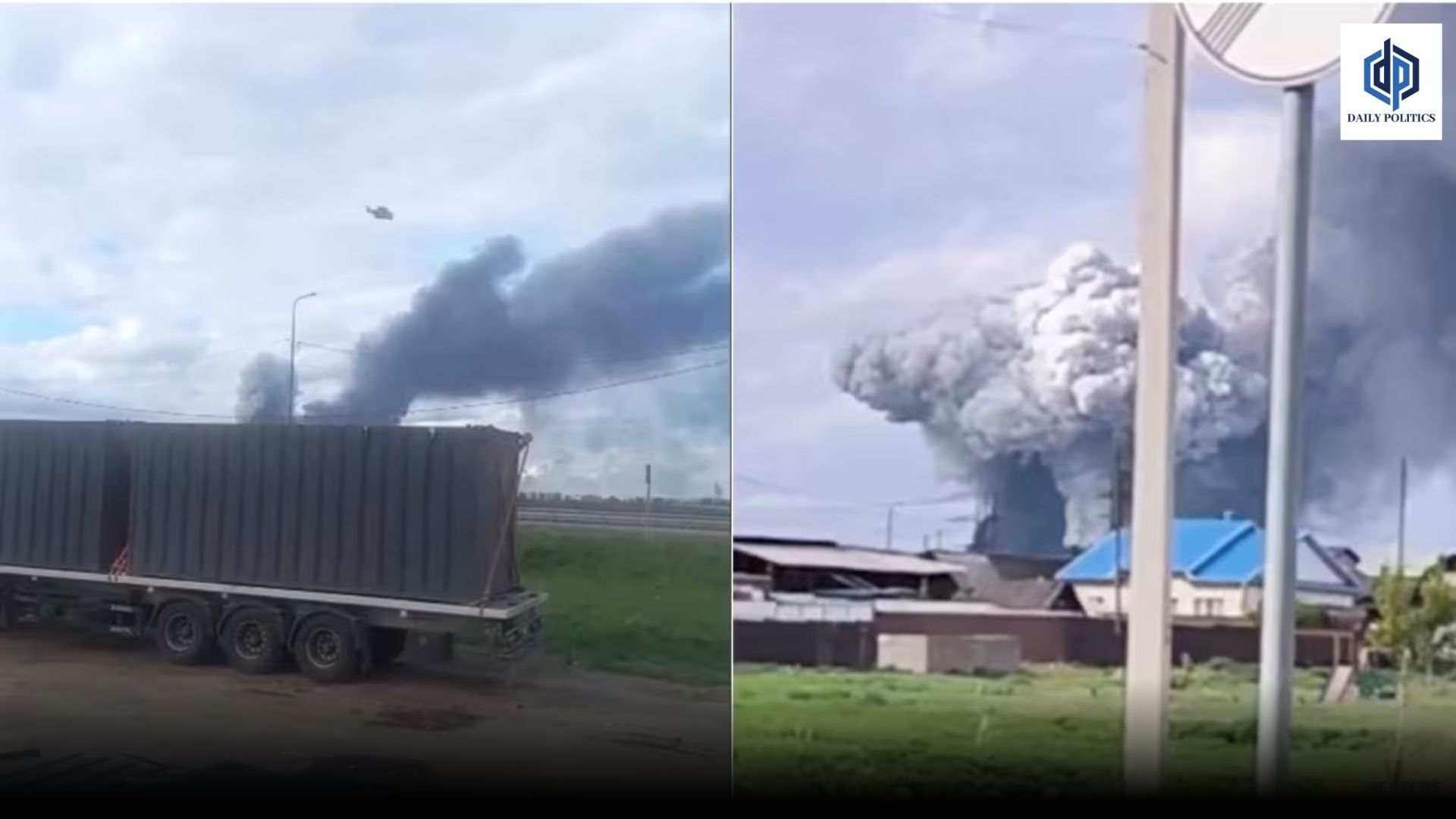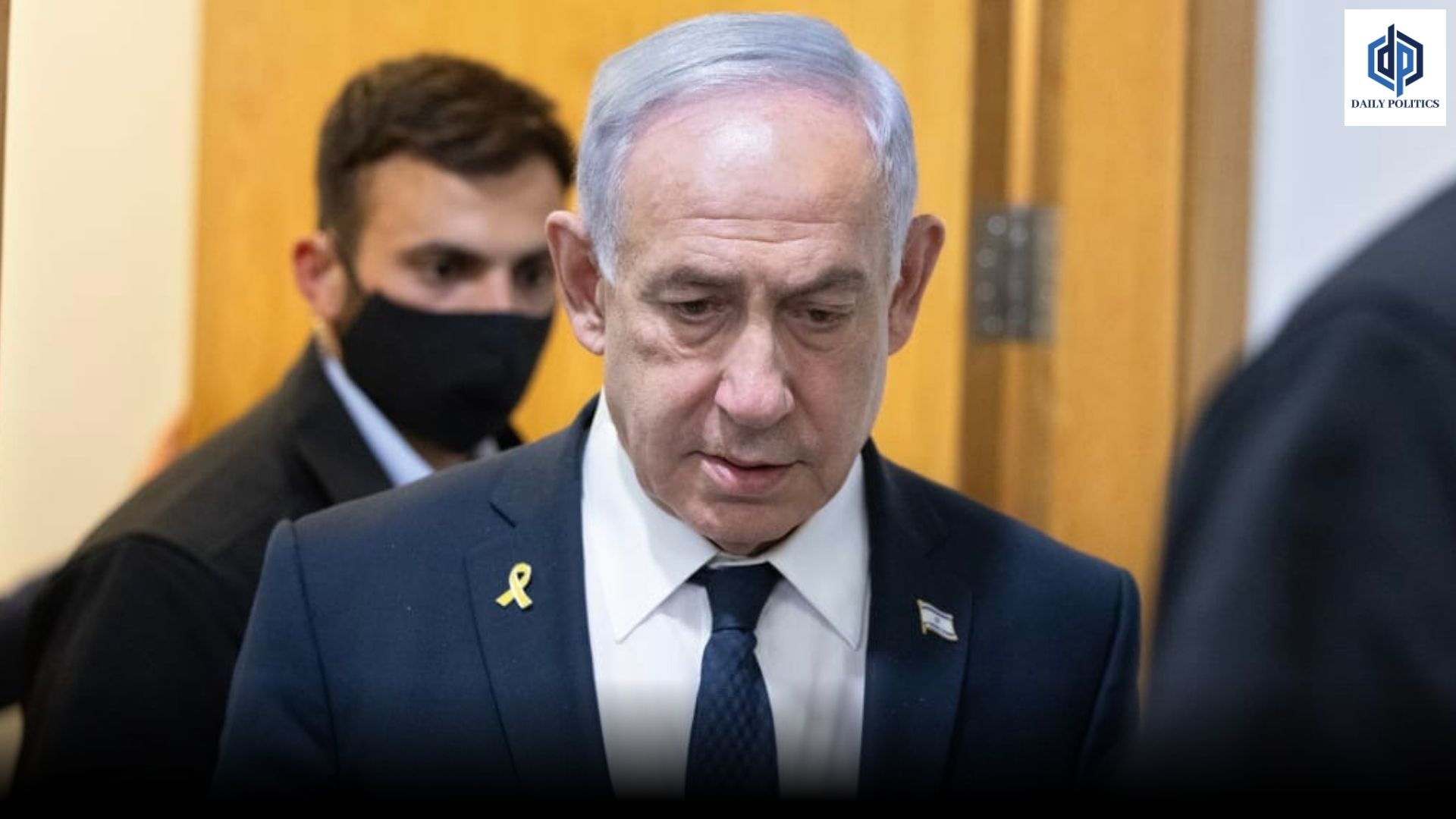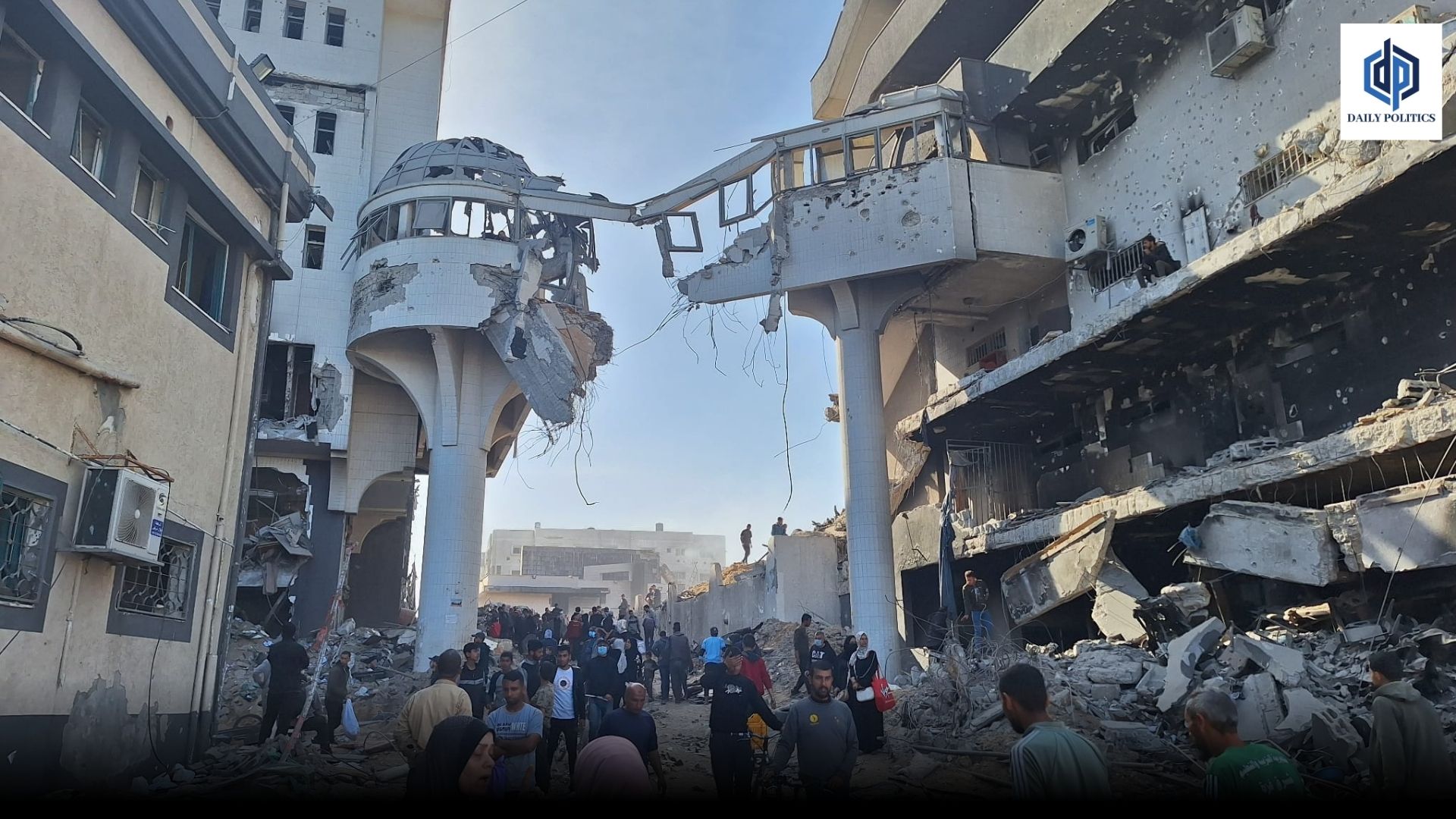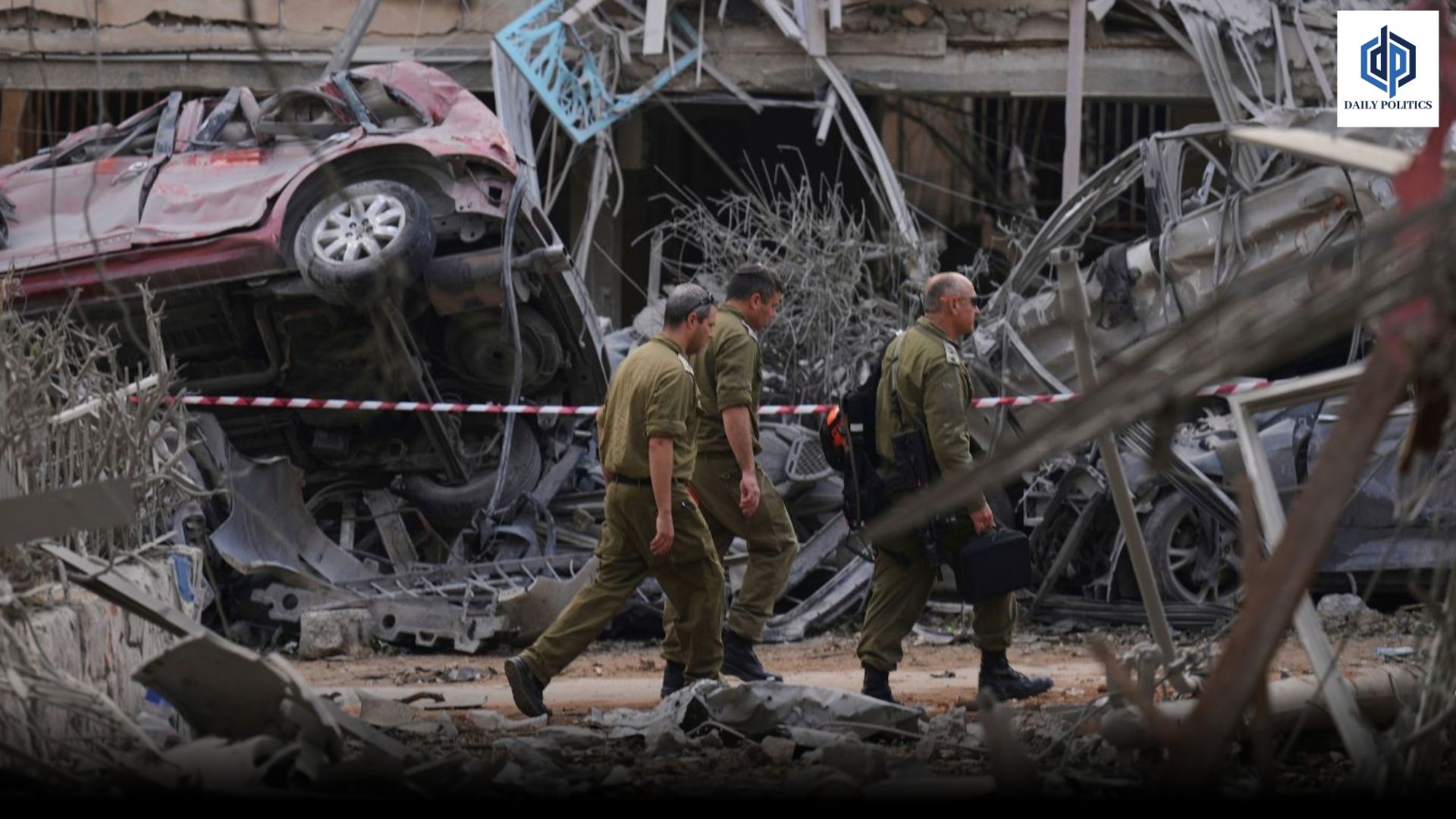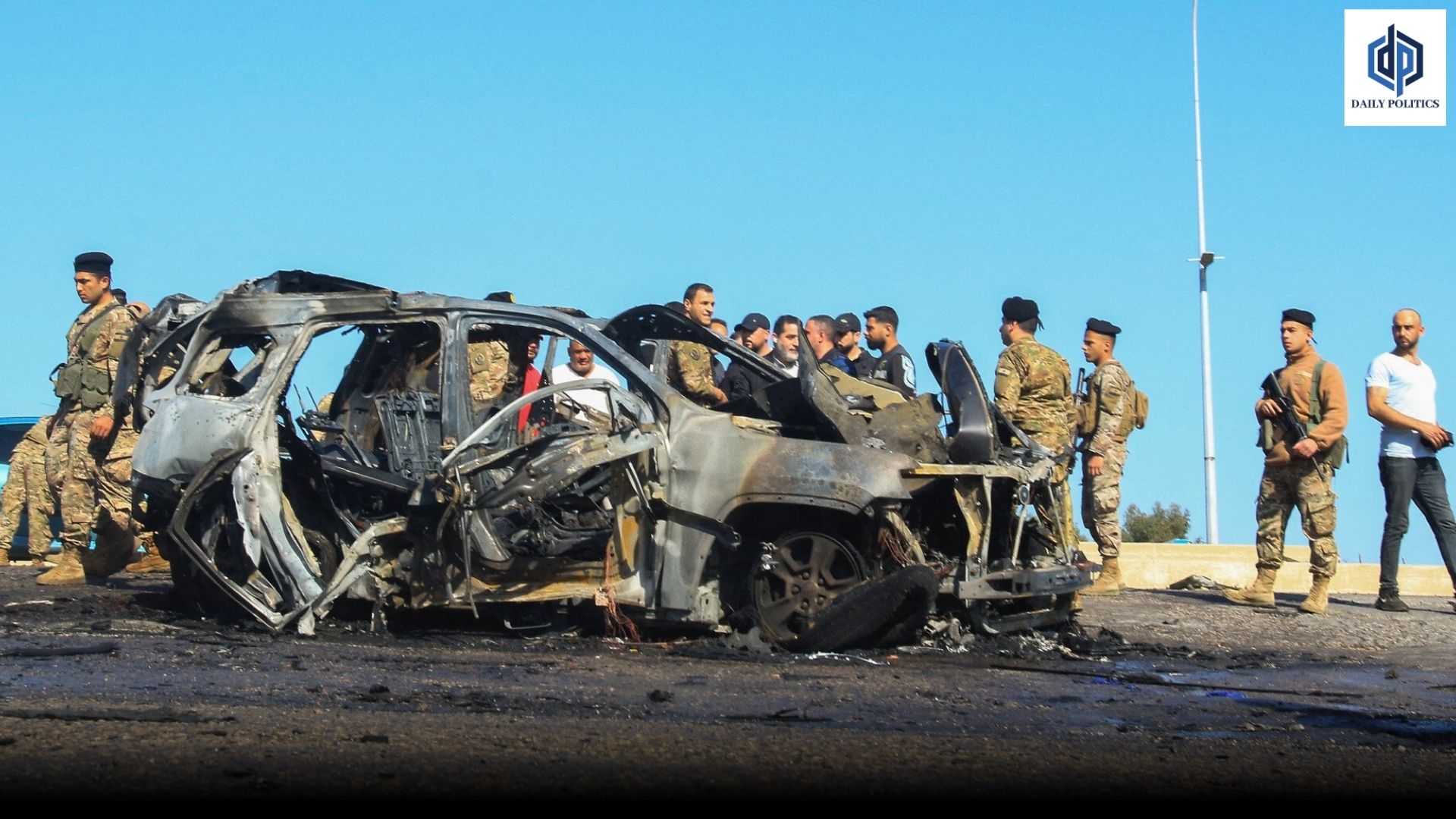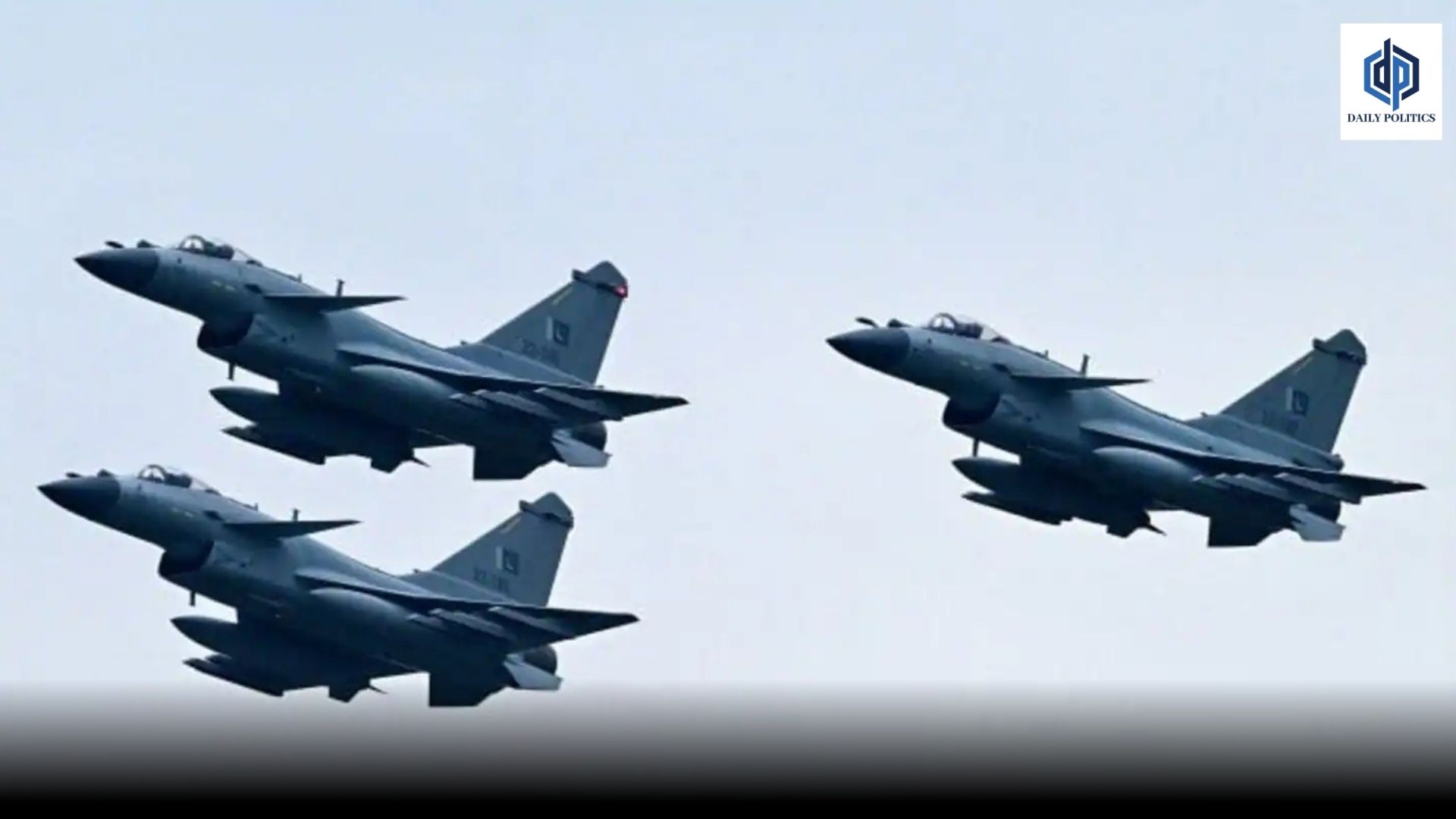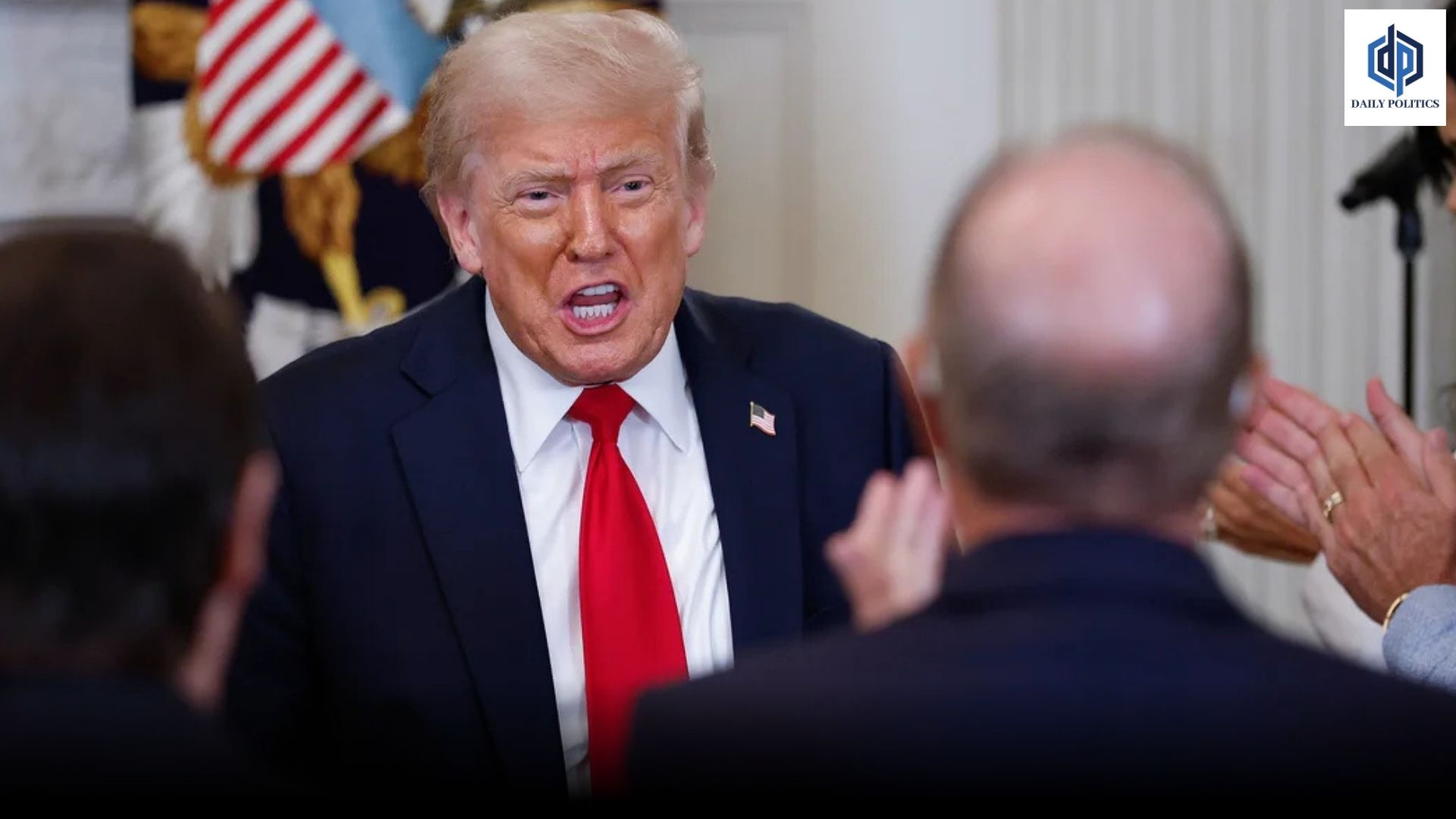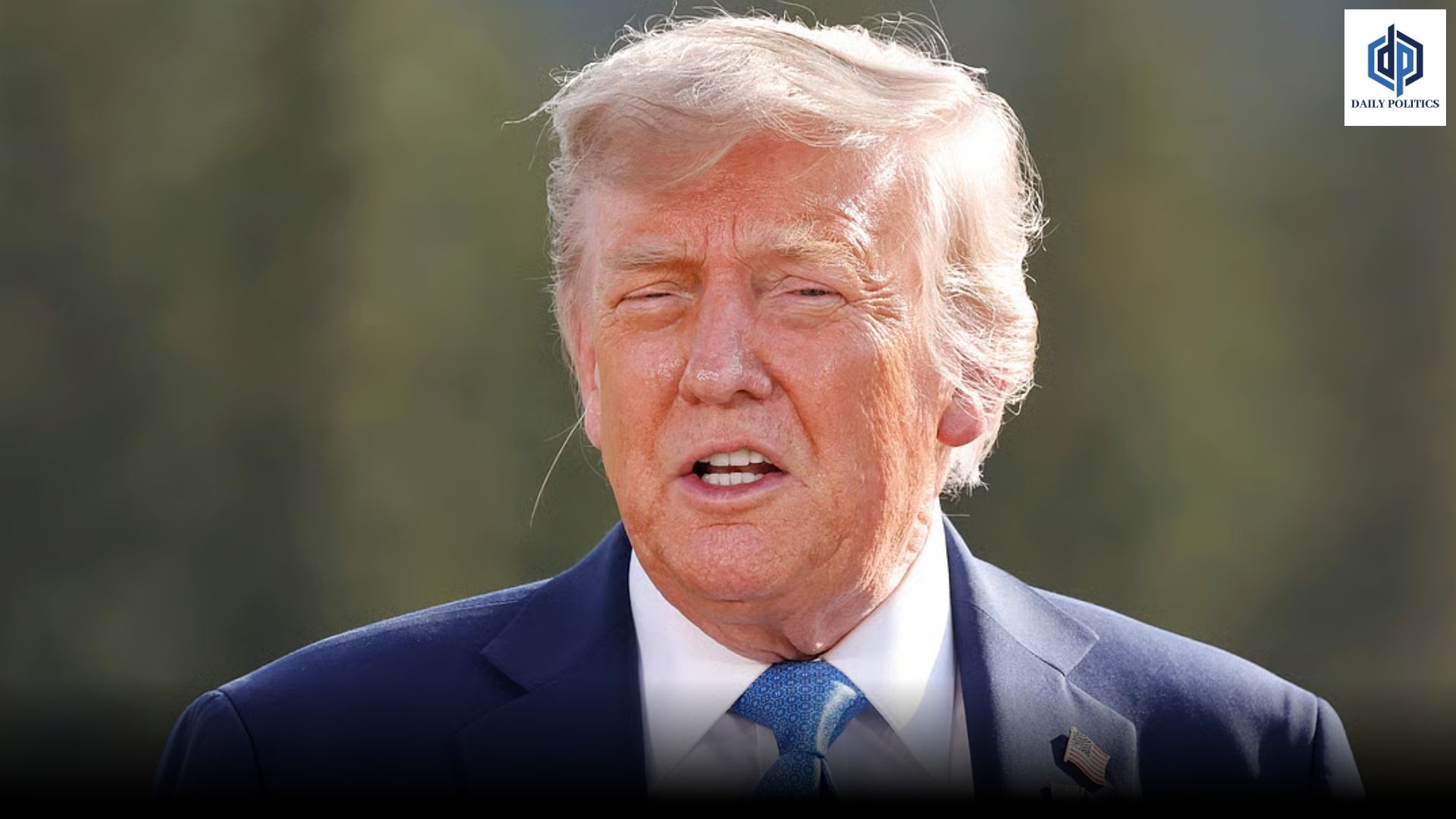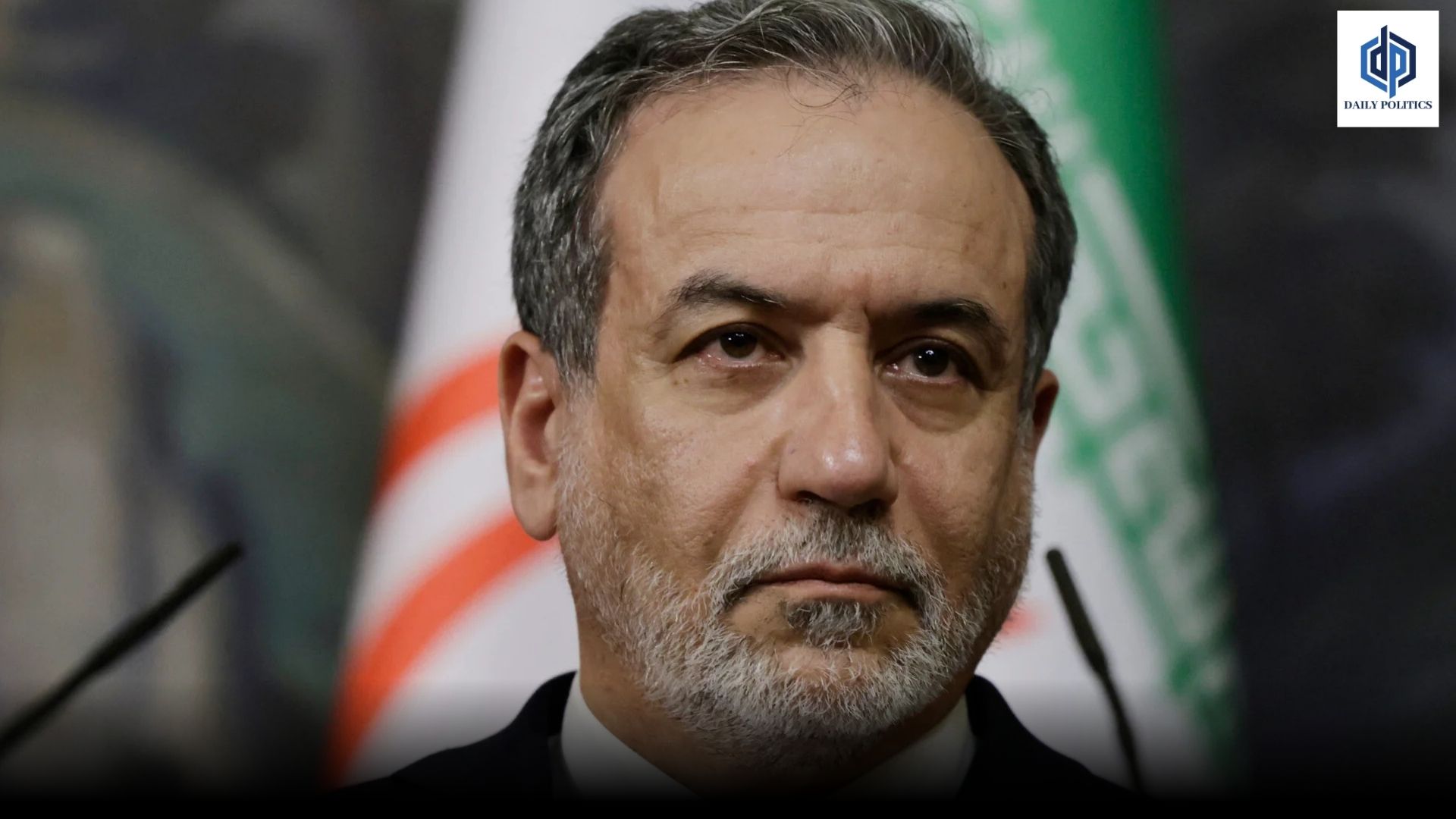Introduction
Elections are essential to democratic government because they give people a direct say in choosing their leaders and making policies. As the world becomes more linked, polls have changed a lot in terms of how they are run, how people see them, and how they can be affected. Recent global elections have shown a number of trends, such as rising populism and division, as well as growing worries over the security of the elections and people not being able to vote. This news story looks at the current state of elections around the world, focusing on essential changes, problems, and what these things mean for global democracy as a whole.
Rising Polarization and Populism
One significant trend that has become clear in recent elections is the rise of populist leaders and divided political situations. Some elections, like those in the US, Brazil, and India, have shown how deeply divided society is. Populist leaders in these countries have gained support by appealing to patriot feelings, offering to change how things are politically, and solving economic problems. However, this change has also led to worries about weakening democratic values. Critics say that these kinds of leaders often damage the independence of the judiciary, the freedom of the media, and the organizations that are supposed to check the power of the government.
Electoral Integrity and Disinformation
Another important problem during global elections is ensuring that polls are fair in the digital age. Many social media sites have made it easier for fake news and misleading information to spread, which hurts polls’ trustworthiness. Countries like the US and the Philippines have had a hard time-fighting foreign meddling and campaigns of false information in their own countries. More and more, cyber dangers are being looked at closely during European elections as both state and non-state players try to change the results for strategic reasons.
To address these problems, many countries have made it harder for people to donate to political campaigns, required more open political ads, and strengthened their security measures. However, people are still arguing about how well these programs work, especially in places where political systems are weak or in danger.
Voter Disenfranchisement and Participation
Around the world, people are also becoming more worried about voters losing their rights and not being able to vote. Laws and rules about voting are affected by efforts to increase or decrease the number of people who vote in both new and old democracies. In the US, for example, arguments about voter ID laws, gerrymandering, and cleaning up the voting rolls have led to large-scale protests and court cases. In the same way, authoritarian governments in places like Venezuela and Belarus have rigged elections to stay in power, usually by shutting down alternative parties, scaring voters, or even cheating the system.
On the other hand, some countries have tried to get more people to vote by changing how elections work. Mixed-member proportional representation methods have been implemented in New Zealand and Germany, among other places, to ensure that minority groups are adequately represented. In some places, like Sub-Saharan Africa, new ways of registering voters, like fingerprint systems, are being used to make it easier for people to participate and cut down on scams.
The Role of International Observers
In recent years, foreign monitors have become more critical for ensuring that polls are free and fair. International groups like the Carter Center, the United Nations, and the Organization for Security and Cooperation in Europe (OSCE) have kept an eye on polls worldwide to ensure they are fair and open. Even though their participation has often improved the voting process, some governments have refused to let them help because they see it as an attack on their national authority. International monitors have not yet been able to get into some countries, like Russia and Zimbabwe, which makes people question the integrity of their elections.
The global election scene shows a mix of growth and failures. Many countries are still able to hold free and fair elections, but in others, threats to democracy are growing. The world needs to pay attention to problems like rising populism, false information, people losing their voting rights, and weakening governmental checks. In the 21st century, elections are still changing. The international community needs to work together to protect democratic processes and keep elections as a real way for people to voice their will.
Countries can help protect the democratic ideals essential for world peace, security, and growth by noticing these trends and dealing with the problems they cause.

